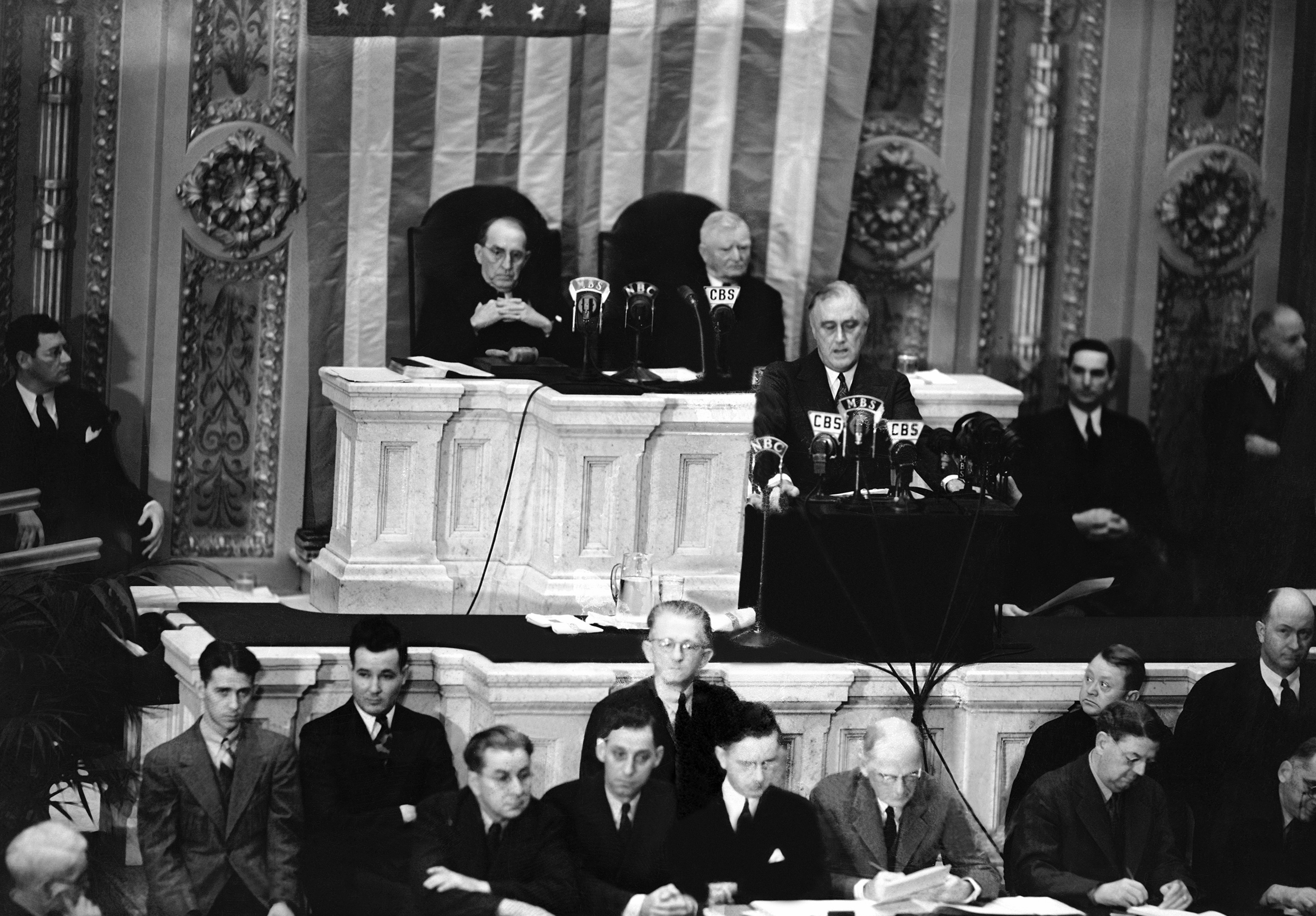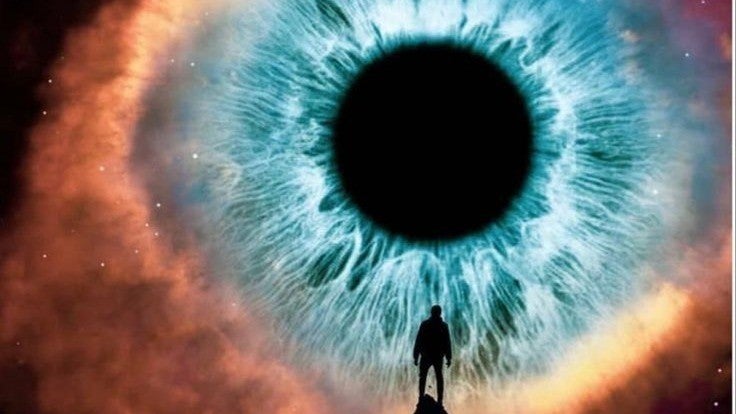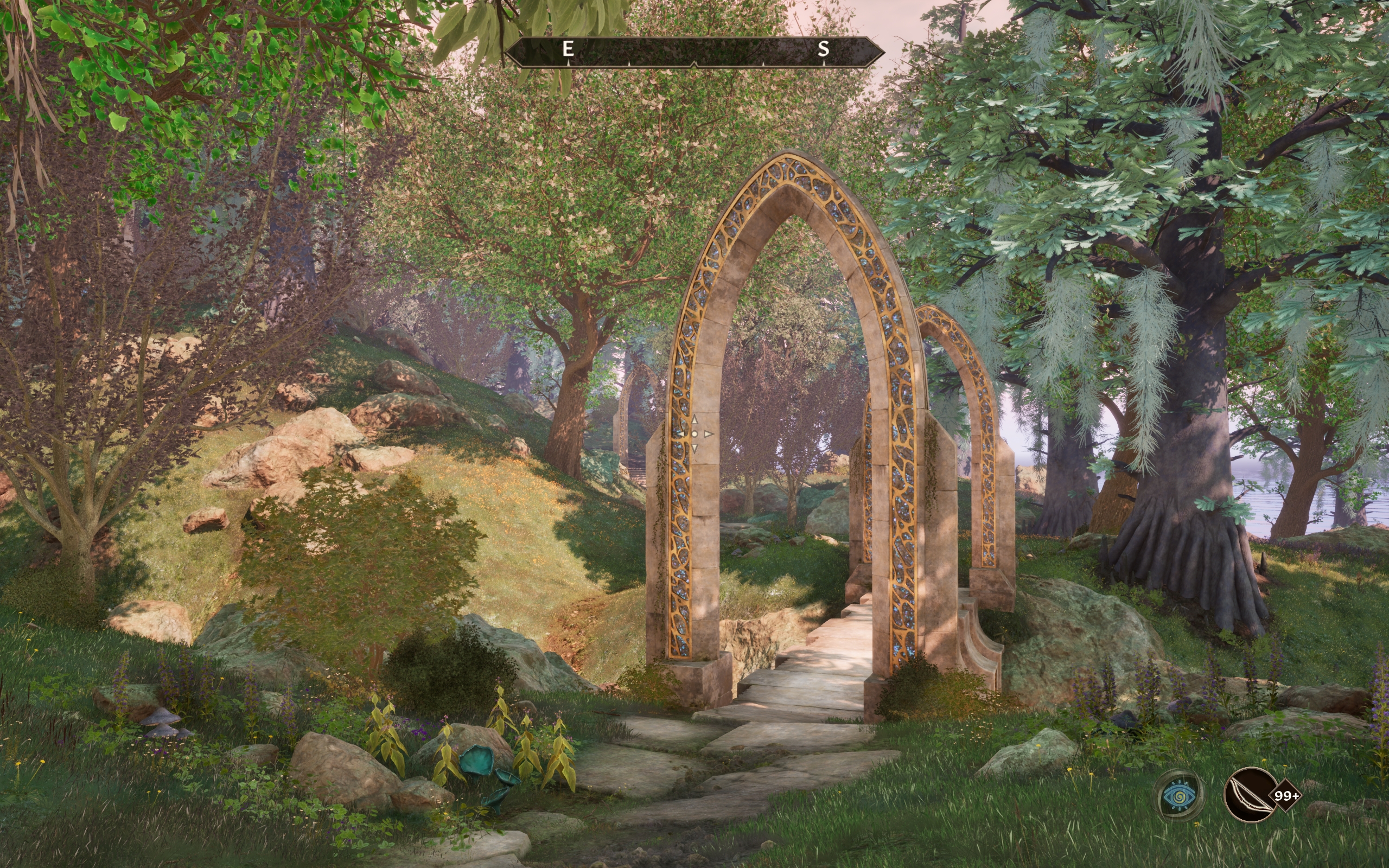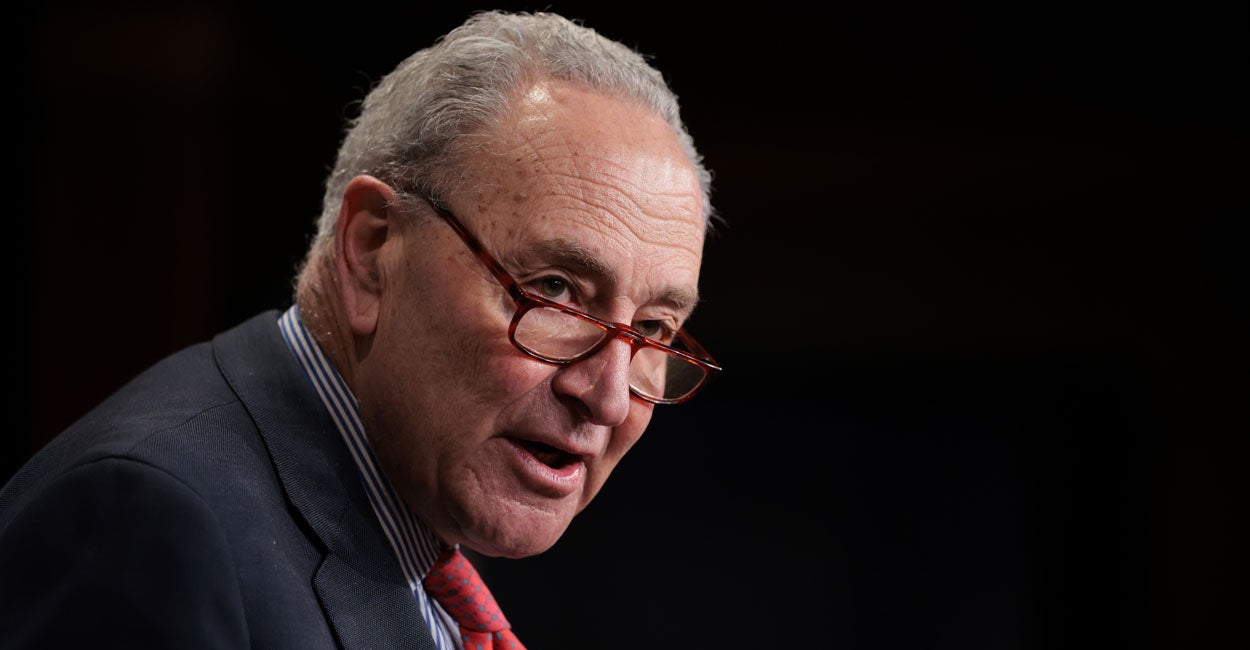FDR's 1939 State of the Union: Warning About Threats to Religion From Abroad

It was January 4, 1939, a mere months after Germany annexed Austria. Storm clouds loomed over Europe, and Adolf Hitler's ambitions were not ambiguous for anyone with eyes to see and ears to hear—especially U.S. President Franklin D. Roosevelt. In a speech that few Americans know today—we are much more familiar with his "Day of Infamy" address to Congress after the Japanese attacked Pearl Harbor—this address to the American people was one for the ages, not just for what it predicted, but for the foundational liberty that was under attack by the Nazi war machine: religious liberty.FDR knew from his intelligence sources that Hitler had been gearing up Germany's war machine for years, including the world's first operational air force. America, by contrast, had the 18th-largest Army in the world—just ahead of the Netherlands. Argentina and Hungary actually had bigger armies."Our Air Force was just 1,500 aircraft—and that's counting our obsolete biplanes," historian AJ Baime, author of The Arsenal of Democracy, told Our American Stories. "And our defense industry? It had been dismantled after World War I, with big defense contractors—companies like DuPont and Remington—all out of the business. All gunpowder and ammunition was—gone."And there was a reason why: A mere twenty years earlier, more than 53,000 Americans were killed in battle and another 63,000 from accidents and disease in Europe in a mere six months of fighting in World War I. Americans remembered the price paid for "The War to End All Wars" in Europe and wanted nothing to do with another one.FDR understood all of this as he stepped up to the microphone to deliver his sixth State of the Union address to Congress, and to the entire country, thanks to radio—the TV and internet of its day. FDR knew that much was at stake with the rise of Germany, and that western civilization itself would soon be on trial. And democracy's first freedom: religious liberty. Into this breach—and with a seriousness of purpose—FDR began his speech:"In reporting on the state of the nation, I have felt it necessary on previous occasions to advise the Congress of disturbance abroad and of the need for putting our own house in order in the face of storm signals from across the seas....All about us rage undeclared wars—military and economic. All about us grow more deadly armaments—military and economic. All about us are threats of new aggression—military and economic."Having dispatched quickly with the gathering threat abroad, Roosevelt focused on the very real stakes of Hitler's rise to power, including the threat Nazi Germany posed to religious liberty. A speech like this would be unimaginable by any modern Democrat president—and would come under instant attack if delivered by a Republican on such a broad stage. And in such a context."Storms from abroad directly challenge three institutions indispensable to Americans, now as always. The first is religion. Religion is the source of the other two—democracy and international good faith. Religion, by teaching man his relationship to God, gives the individual a sense of his own dignity and teaches him to respect himself by respecting his neighbors. Democracy, the practice of self-government, is a covenant among free men to respect the rights and liberties of their fellows. International good faith, a sister of democracy, springs from the will of civilized nations of men to respect the rights and liberties of other nations of men. In a modern civilization, all three—religion, democracy and international good faith—complement and support each other."It was a clear recognition of religion's role, not just in America, but any democracy. But FDR wasn't finished, as he made his way to a more important—and more urgent—point about religion:"Where freedom of religion has been attacked, the attack has come from sources opposed to democracy. Where democracy has been overthrown, the spirit of free worship has disappeared. And where religion and democracy have vanished, good faith and reason in international affairs have given way to strident ambition and brute force. An ordering of society which relegates religion, democracy and good faith among nations to the background can find no place within it for the ideals of the Prince of Peace. The United States rejects such an ordering, and retains its ancient faith."It was a powerful statement by FDR, one that would generate a blitzkrieg of outrage by today's secular media. But the nation's 32nd president—an icon still of the Democrat Party—wasn't finished, closing out the most important part of one of his very best speeches."There comes a time in the affairs of men when they must prepare to defend, not their homes alone, but the tenets of faith and humanity on which their churches, their governments and their very foundations are set. The defense of religion, of democracy and of good faith among nations is all the same fight. To save one we must now make up our minds to save all."This was a clear a statement about America's first freedom—religious freedom, which appears before even free speech in the First Amendment of the Constitution. That's the importance our founders placed in the right to worship.Roosevelt closed out his 1939 State of the Union Address quoting another president who knew a thing or two about war, using Abraham Lincoln's closing words in his second State of the Union Address in December 1862:"We shall nobly save, or meanly lose, the last best hope of Earth. Other means may succeed; this could not fail. The way is plain, peaceful, generous, just—a way which, if followed, the world will forever applaud, and God must forever bless."There was a time when American presidents unflinchingly and publicly spoke about the centrality of religion in America. And despite endless efforts to decouple American life and religious practice in the media, the courts and academia, 76 percent of us continue to identify with a religious faith, with more than 68 percent identifying as Christians.As we speak, the 20-plus-year decline in the number of Americans who identify as religious has stalled, as more and more Americans report feelings of anxiety, loneliness and hopelessness. Indeed, a record number of Bible sales this past year is a leading indicator that more Americans—including young ones—are turning to time-honored traditions to find real meaning and purpose in their lives.Despite the dearth of reporting on the subject, religion continues to be a fundamental part of the vast majority of American lives. And the freedom to worship—or not to worship—was and still is a foundational part of America's charter, before and after FDR's eloquent address to the nation back in 1939.


















